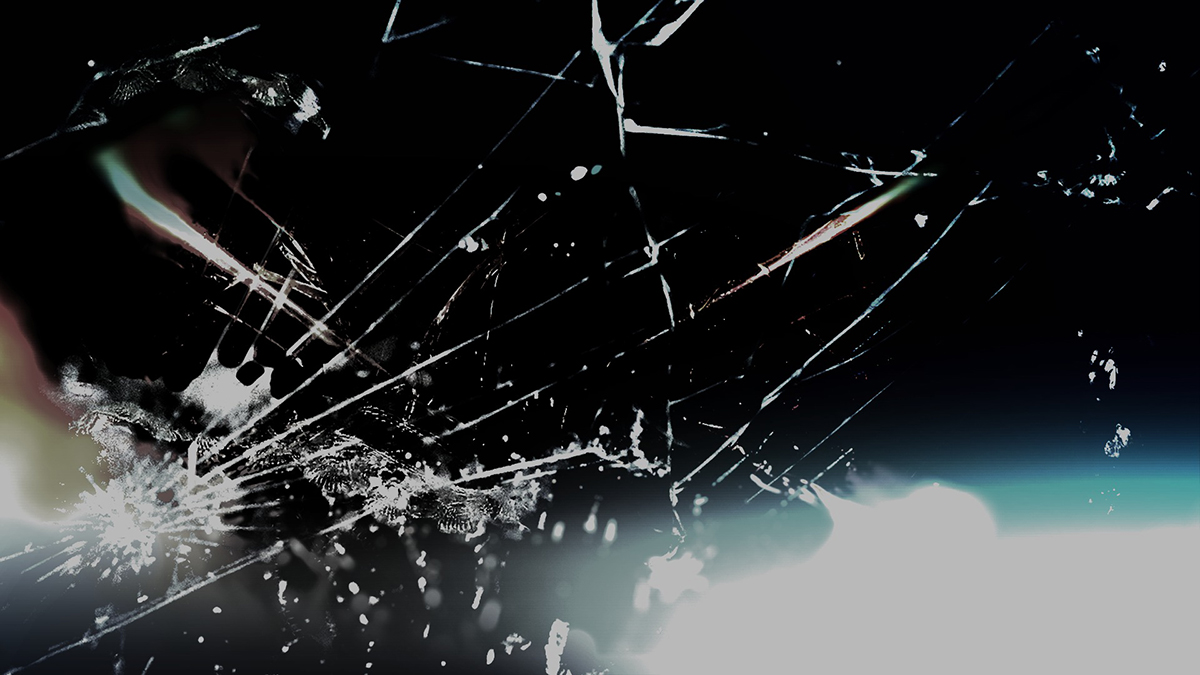A Miami pastor was convicted Tuesday of trying to cash in on counterfeit artworks that mimicked valuable pieces by British art luminary Damien Hirst.
A Manhattan jury found Kevin Sutherland guilty of attempted grand larceny. He could face up to seven years in prison at his sentencing, set for May 19. Defense lawyer Sanford "Sam" Talkin said Sutherland was disappointed in the verdict and would explore options for appealing.
Prosecutors said Sutherland, who leads the nondenominational, 200-member Mosaic Miami Church, tried to sell several bogus Hirsts for $185,000 to an undercover police officer posing as an art aficionado.
"Because the art industry is largely unregulated, it is particularly important to hold accountable those who fraudulently deal artwork," District Attorney Cyrus R. Vance Jr. said in a statement. His office has brought several cases surrounding phony Hirst works alone.
Sutherland began dealing in cowboy-related art in 2010 and soon began buying Hirsts, or what appeared to be Hirsts, his lawyer said.
Part of a group dubbed the Young British Artists in the 1990s, Hirst received Great Britain's best-known art award, the Turner Prize, in 1995. He's known partly for pharmaceutical-themed "spot" paintings and round spin" paintings.
Sutherland agreed last year to sell two counterfeit spin paintings and three bogus spot prints to the undercover detective, although Sotheby's auction house had told Sutherland there were questions about the authenticity of one of the paintings, the DA's office said. When the undercover officer asked whether there were any doubts the artworks were genuine, Sutherland said he didn't know of any issues, authorities said.
Local
But Sutherland said that Sotheby's never clearly told him the artworks were fake and that he believed they were real.
He said he didn't ask Hirst's studio for clarification, as Sotheby's suggested, because the authentication process was pricey. He said he also believed their authenticity was guaranteed when he bought them from Vincent Lopreto, an admitted art scammer who testified against him.
Lopreto — a Laguna Beach, Calif., gallery owner who had already served California prison time in another phony-Hirst case— and business partner Ronald Bell pleaded guilty in Manhattan this year to charges including identity theft. They're awaiting sentencing.
Richard Silver, a part-time art dealer who said he unknowingly bought counterfeit Hirst prints from Lopreto but then faked appraisals to resell them, pleaded guilty in 2012 to misdemeanor forgery charges, in exchange for a 60-day jail sentence.



